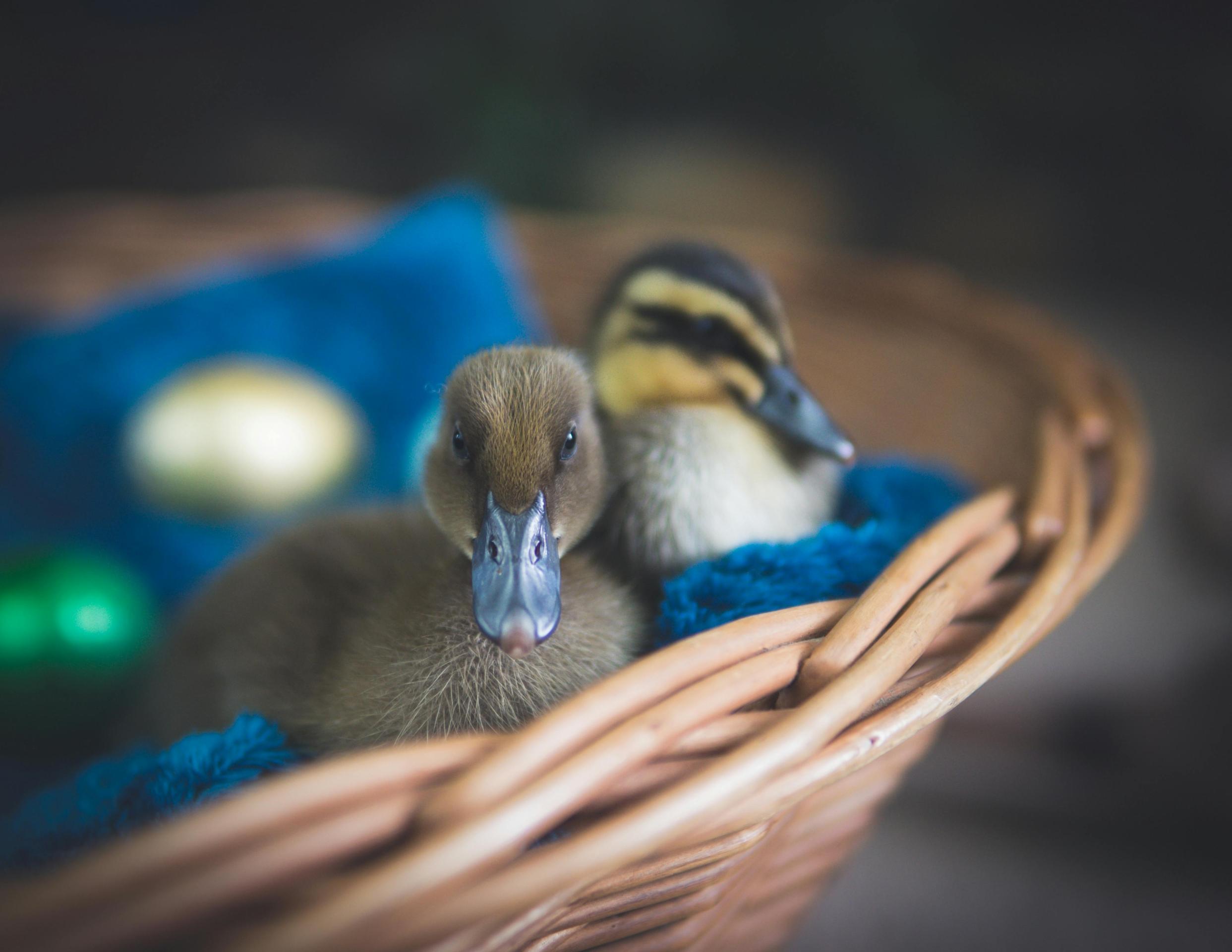Birds make wonderful companions, but their curious nature and delicate physiology mean that they can easily encounter hazards in a typical household. As a bird owner, it’s important to be aware of these potential dangers to ensure your feathered friend stays safe and healthy. Here are 10 common home dangers for pet birds and how to prevent them.
1. Toxic Foods
Certain human foods can be highly toxic to birds, even in small amounts. Some of the most dangerous include:
-
Avocado: Contains persin, which can cause heart damage and respiratory distress in birds.
-
Chocolate: Contains theobromine and caffeine, both of which are toxic.
-
Alcohol: Even small sips can be lethal.
-
Caffeine: Found in coffee, tea, and energy drinks, caffeine can cause heart arrhythmias and hyperactivity.
Prevention Tip: Keep all human food out of reach unless it is safe for birds, and consult a list of bird-safe foods before sharing treats.
2. Non-Stick Cookware Fumes
When overheated, non-stick cookware coated with polytetrafluoroethylene (PTFE) releases fumes that are extremely toxic to birds. These fumes can cause sudden death due to respiratory failure.
Prevention Tip: Avoid using non-stick cookware if you have pet birds, or ensure they are kept in a separate, well-ventilated area far from the kitchen.
3. Open Windows and Doors
Birds can easily escape through open windows or doors, especially if they’re startled or curious. Once outside, it can be difficult to retrieve them, and they may face predators or environmental dangers.
Prevention Tip: Keep windows and doors securely closed or install screens. Always supervise your bird during out-of-cage time.
4. Ceiling Fans
A spinning ceiling fan poses a significant danger to birds, especially those allowed to fly freely around the home. The blades can cause severe injuries or even death.
Prevention Tip: Turn off ceiling fans whenever your bird is out of its cage.
5. Electrical Cords
Birds love to chew, and electrical cords are no exception. Chewing on cords can lead to electric shocks or burns.
Prevention Tip: Keep cords out of reach, use cord protectors, or cover them with bird-safe materials.
6. Toxic Plants
Many common houseplants are toxic to birds if ingested. Examples include pothos, philodendron, dieffenbachia, and lilies.
Prevention Tip: Research your plants to ensure they’re bird-safe and remove any toxic ones from your home.
7. Household Cleaners and Chemicals
The fumes from cleaning products, air fresheners, and other household chemicals can irritate a bird’s sensitive respiratory system. Bleach, ammonia, and aerosol sprays are particularly harmful.
Prevention Tip: Use bird-safe cleaning products and ensure proper ventilation when cleaning. Keep your bird in another room during and after cleaning sessions.
8. Standing Water
Uncovered water sources, such as toilets, sinks, bathtubs, and buckets, pose a drowning risk for birds. Even strong swimmers can struggle to escape if they fall in.
Prevention Tip: Keep toilet lids closed and avoid leaving water-filled containers unattended.
9. Small Objects and Toys
Birds are curious and may swallow or choke on small objects, such as jewelry, buttons, or loose parts of toys. Ingesting non-food items can lead to blockages or poisoning.
Prevention Tip: Provide your bird with safe, bird-specific toys and regularly inspect them for wear and tear. Keep small household items out of reach.
10. Secondhand Smoke and Aerosols
Birds have extremely sensitive respiratory systems, and exposure to smoke or aerosols can cause long-term health issues or even death. Cigarette smoke, incense, and sprays (like hair spray or air fresheners) are particularly harmful.
Prevention Tip: Maintain a smoke-free environment and avoid using any sprays or aerosols near your bird.
Creating a Safe Environment for Your Bird
By understanding and addressing these common household dangers, you can create a safer environment for your feathered companion. Regularly inspect your home for potential hazards, and always supervise your bird during out-of-cage time. When in doubt, consult your veterinarian to ensure your bird’s health and safety.
If you have questions and you'd like to reach out to us, you can call us directly at (602) 833-7511, or you can email us at [email protected]. Don't forget to follow us on social media Facebook, Instagram.

